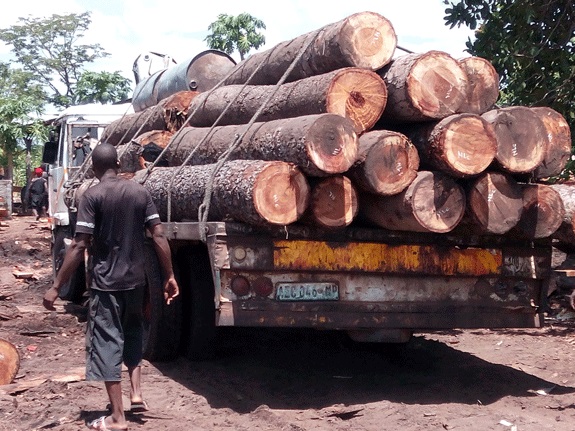Mozambique: Happy belated 65th anniversary dear Gorongosa National Park!
Mozambique: New restrictions on timber operations – AIM report

The Mozambican Ministry of Land, Environment and Rural Development has completely banned the exploitation of three species of hardwoods, and barred the export of a further three.
The Ministry dispatch, reported in Tuesday’s issue of the independent daily “O Pais”, states that, as from the date of the document, 29 March, no wood at all may be cut from the species Pterocarpus tinctorius (known as Nkula), Swartzia madagascariensis (ironwood) and Combretum imberbe (Mondzo).
The hardwoods known as chanfuta (azfelia quanzensis), umbila (pterocarpus abgolensis) and jambire (millettia stuhlmannii, sometimes known as partridge wood) may only be used to supply the domestic timber market, and may not be exported.
Under the new rules, the export of wood from any native species of tree will only be authorised to operators certified by the Ministry. Certification will only be granted to companies that present an annual plan of exports, and comply with the ministry-established criteria for setting up timber industries.
The latest national forestry inventory noted a decline in unbila, jambire, ironwood and mondzo, which is doubtless why the new restrictions have been imposed. The situation with Nkula may be critical, since the inventory did not find “commercial volumes” of this species.
For this year, the ministry has determined that the maximum amount of wood that can be exploited is 350,000 cubic metres – which is less than 60 per cent of the 600,000 cubic metres requested by the end of the first quarter.
Bearing these limits in mind, the Ministry says it will only license operators after an inspection of their equipment and of the potential of the areas where they plan logging operations.
As for exports, the new regulations fix a maximum this year of 436,000 cubic metres of sawn timber, and semi-finished and finished products. There is already a ban in place on the export of logs.
The volume of exports is greater than the volume of wood than can be exploited, because of the existing stockpiles of timber.













Leave a Reply
Be the First to Comment!
You must be logged in to post a comment.
You must be logged in to post a comment.